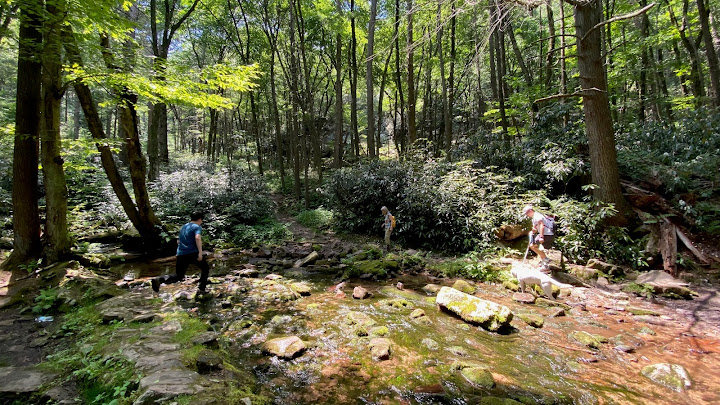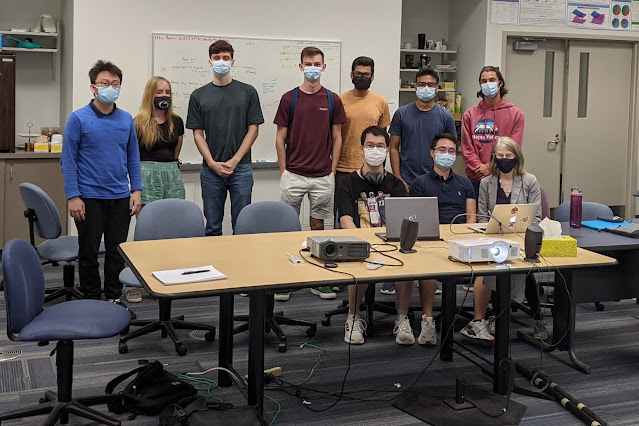Congratulations! A paper by Zhaohui Li, Yajur Tomar, and Rebecca J. Passonneau, "A Semantic Feature-Wise Transformation Relation Network for Automatic Short Answer Grading", has been accepted to the 2021 Conference on Empirical Methods in Natural Language Processing (EMNLP 2021) Main conference. This paper is about the Automatic short answer grading (ASAG), the task of assessing students’ short natural language responses to objective questions. In this paper, we propose a Semantic Feature-wise transformation Relation Network (SFRN) that exploits the multiple components of ASAG datasets more effectively. As shown in Figure 2, a neural network is applied to capture relational knowledge among the questions (Q), reference answers or rubrics (R), and labeled student answers (A). A relation network learns vector representations for the elements of QRA triples, then combines the learned representations using learned semantic feature-wise transformations. In addition, we appl...



